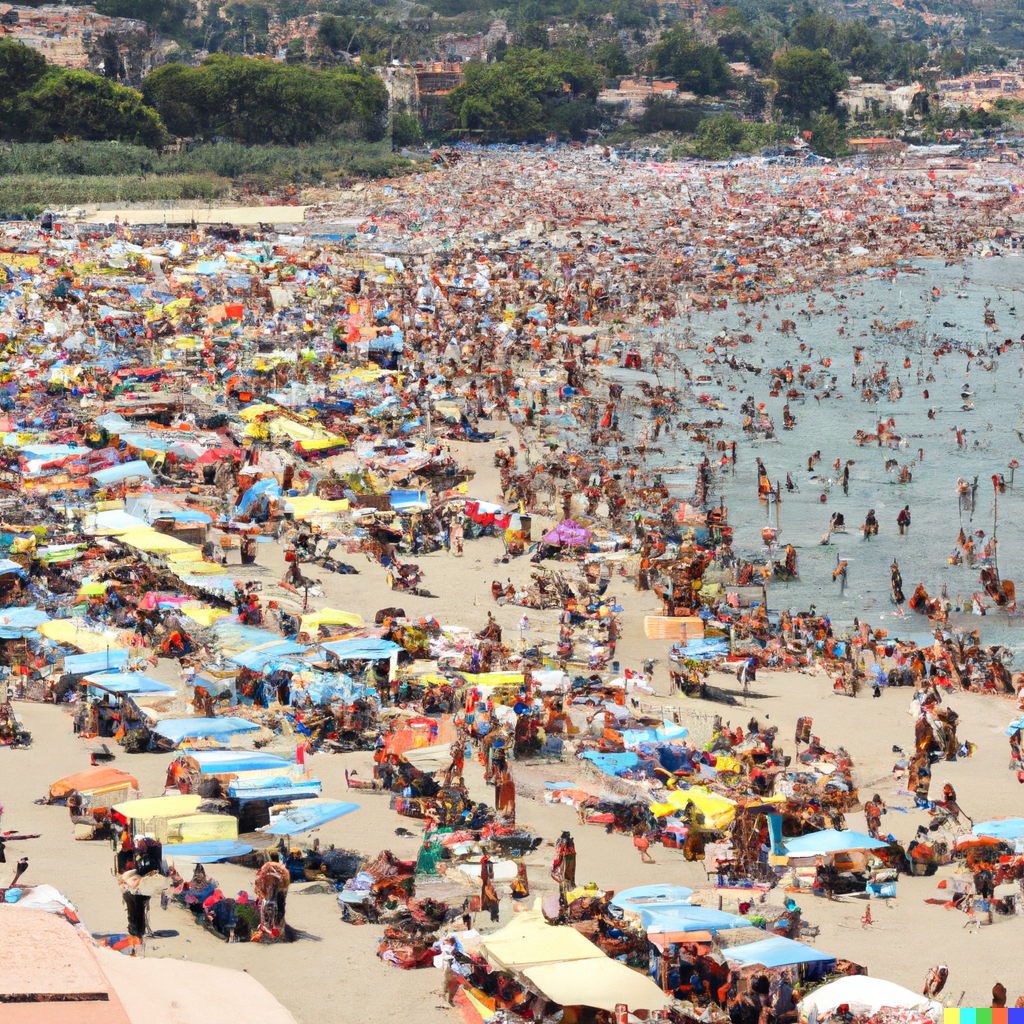T.A.R. Puglia, Lecce, Sez. I, 02 novembre 2023, n. 1224
Alessia Monica | 15 November 2023 | Issue 4/2023
In the light of the judgment of the CJEU, Comune di Ginosa C-348/22, the Apulian administrative judge (TAR Lecce) points out that the judgments of the Council of State Ad. Plen. 17 and 18/2020 are contradicted by the CJEU as regards the assessment of the natural resource (both as regards jurisdiction, and substance). Therefore, the deadline set by Law 118/2022 at 31 December 2023, scheduling the expiring date for existing State-owned maritime concessions, ceases to be effective due to Law 14/2023, as a subsequent and equal provision.
Read More
State-owned maritime concessions and the need for a competitive selection procedure: for the Council of State, the use of tenders is not imperative
Alessia Monica | 21 March 2023 | Issue 1/2023
The Council of State, with its judgment n. 11664/2022, deemed as unlawful the decision of the Gaeta municipality to deny the assignment of a new State-owned maritime concession and, particularly, the public administration's choice to recur to a tender procedure. Although in consideration of the effectiveness of the EU legal framework claiming for a «selective procedure» based on impartiality and transparency, the judges pointed out how this concession should be granted in compliance with the general principles of a «comparative evaluation» as already set out in article 37 of the Italian Navigation Code. The tender procedure is, instead, to be used as from 2024, according to the dead-line indicated to the legislator by the Plenary Assembly of the Council of State (decisions n. 17 and 18 of 2021) to carry out a structural reform of the bathing-facilities sector.
Read More
The forthcoming future of marine state property concessions following the decision of the Plenary Assembly of the Council of State: nihil medium est?
Alessia Monica | 29 January 2022 | Issue 1/2022
The analysis stems from the judgment n. 17 (and its “twin” n. 18) of the Plenary Assembly of the Council of State concerning the future of state-owned maritime concessions used for touristic and recreational purposes. Starting from the confirmation of the illegitimacy of the automatic extension, as contrary to both Article 49 TFEU and Article 12 of the Services Directive, the key focus of attention is on highlighting how the administrative judges define the cross-border interest of state concessions as necessarily existing and not to be established because of the context. This implies a reflection on the future activity of public administrations called to set up the procedures for the award of expiring concessions, according to the forthcoming indications of the legislator. The judgment itself attempts to create the law: not only does it postpone the effects until the end of 2023, but it offers the legislator clear and established criteria for the reform of the sector.
Read More
The right of access and its effectiveness following the online publication of documents by a «Third party»
Alessia Monica | 18 June 2021 | Issue 2/2021
The judgment C-761/18 P appealing by Professor Päivi Leino-Sanberg the order of the General Court T-421/17, concerns the refusal of access decided by the European Parliament regarding the dissemination of the content of some trilogues (object themselves of the well-known De Capitani case T-540/15). Thus, the reasoning of the Court allows to make some reflections on the interest of the beneficiaries of the «right of access» to documents, as well the legal consequences of their publication online by a «Third party». Consequently, it leads to argue on the relationship between «administrative transparency» and «right to online access» in the age of digital administration.
Read More
The "Banksy case": food for thought on the position of "third parties" in the European Union trademark protection system
Alessia Monica | 12 January 2021 | Issue 1/2021
Trademark protection in the European Union aims at helping businesses to distinguish their goods or services in overcoming national barriers that still persist in many areas of intellectual property protection. Deciding on European trademarks, EUIPO (as well as its Boards of Appeal) is sometimes called upon to assess the existence of "bad faith", "public order" and "morality". The recent declaration of invalidity of the trademark of Banksy's "Flower Thrower" highlights how EU trademark law was conceived to also protect other closely interconnected rights: fundamental rights, competition rights, and the rights of "Third Parties". Their protection is therefore directly linked to the logical interpretation of "undetermined concepts" in the relevant context.
Read More
“Stessa spiaggia, stesso mare”? Deadlines for coastal authorizations and scientific recommendations for a summer in
Alessia Monica | 9 June 2020 | Issue 2/2020
Approaching the summer season, the destiny of beach resorts and establishments is a subject of notable interest, because it also raises unresolved questions from the point of view of the relationship, often full of contradictions, between national administrative law and the principles of European Union law. Therefore, clear rules need to be defined in order to allow the summer season to take place safely both for operators and tourists. It is also of paramount importance to overcome the inertia of the legislator with regard to the reform of this sector, concerning overall the expiry of ongoing concessions on the basis of the principles of public evidence established by the EU Treaties and by the “Services Directive” 123/2006/CE (which includes in its scope of applications maritime, lake and river concessions). In this sense, the emergency could be the right moment to adopt measures that take into account each specific situation as to protect the legitimate expectations of the concession holders (in any case in compliance with what has already been affirmed by the EU Court following a preliminary ruling in joined cases C-458/14 e C-67/15, Promoimpresa e sig. Melis. In addition this allows to make further reflections on "Emergency Administration" on the bases of the provisions suggested by the technical committees in order to contain contagion from Covid19 and concerning also the seaside businesses. Decisions required to deal with the crisis must certainly be inspired by the precautionary principle, but they must also respect the principle of proportionality as to limit unsuitable effects on other emerging interests, including the impact on the stability of the EU single market (of services).
Read More